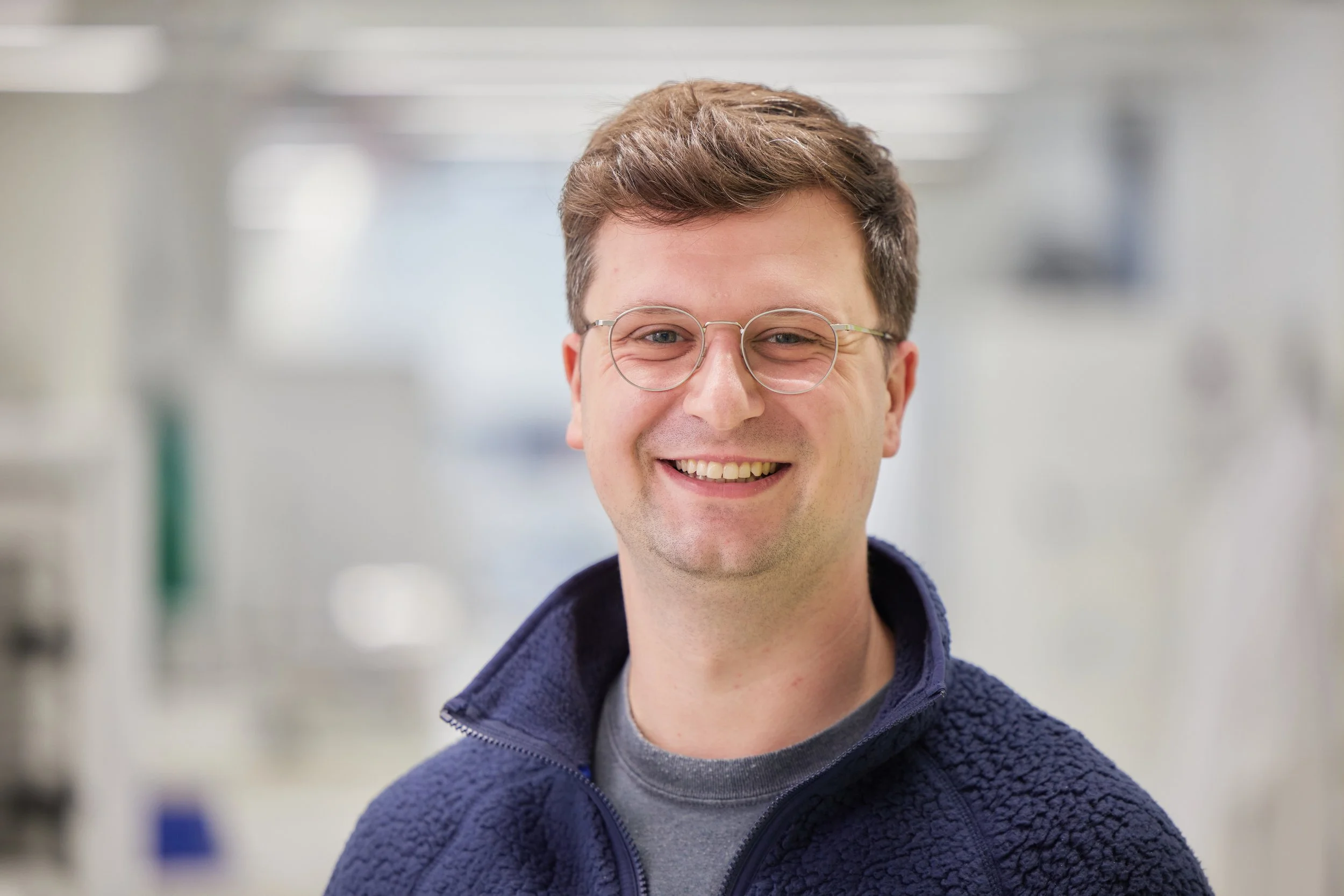
Weiss Lab
Laboratory of Inflammation Control
DRFZ, Berlin
What we do
Exposure to pathogens or tissue damage results in an inflammatory response, characterized by the production and release of pro-inflammatory cytokines, chemokines, enzymes and extracellular DNA. These molecules are essential for eliminating invading pathogens, as well as facilitating the clearance of infected or damaged cells and enabling tissue repair.
However, if inflammation is excessive or chronic, it can be highly detrimental to the host, triggering irreversible tissue damage, impairing organ function, and ultimately leading to lethality. As such, multiple layers of regulatory mechanisms exist in order to generate a proportional and temporally restricted inflammatory response, which upon termination results in the reestablishment of homeostasis.
Our lab studies the contribution of cellular heterogeneity to the regulation of inflammation, and seeks to understand how genetic and epigenetic diversity work together to generate proportional inflammatory responses and control the onset of auto-immune diseases.
Meet the Team
Felix Weiss, PhD
Group Leader
Dennis Hinkel, MSc
PhD Student
Publications
Weiss, F.D*., Alvarez, Y., Shakeri, F., Sahu, A., Leka, P., Dernst, A., Rollheiser, J., Vasconcelos, M., Geraci, A., Duthie, F., Stahl, R., Lee, H.E., Gellner, A-K., Buness, A., Latz, E., Meissner, F*. (2024) Retention of ES cell derived-129S genome drives NLRP1 hypersensitivity and transcriptional deregulation in Nlrp3tm1Flv mice. Cell Death & Differentiation.
* Co-corresponding
Calderon, L*., Weiss, F.D*., Beagan, J.A*., Oliveira, M.S., Wang, Y-F., Carroll, T., Dharmalingam, G., Gong, W., Tossell, K., de Paola, V., Whilding, C., Ungless, M.A., Fisher, A.G., Phillips-Cremins, J.E., Merkenschlager, M. (2022) Cohesin-dependence of neuronal gene expression relates to chromatin loop length. eLife.
* Equally contributing
Weiss F.D*., Calderon L*., Wang Y., Georgieva R., Guo Y., Cvetesic N., Kaur M., Dharmalingam G., Krantz I., Lenhard B., Fisher A., Merkenschlager M (2021) Neuronal genes deregulated in Cornelia de Lange Syndrome respond to removal and re-expression of cohesin. Nature Communications.
* Equally contributing
Cuartero, S., Weiss, F.D*., Dharmalingam, G*., Guo, Y*., Ing-Simmons, E*., Masella, S., Robles-Rebollo, I., Xiao, X., Wang, Y., Barozzi, I., Djeghloul, D., Amano, M., Niskanen, H., Petretto, E., Dowell, R., Tachibana, K., Kaikkonen, M., Nasmyth, K., Lenhard, B., Natoli, G., Fisher, A. and Merkenschlager, M. (2018). Control of inducible gene expression links cohesin to hematopoietic progenitor self-renewal and differentiation. Nature Immunology.
* Equally contributing

